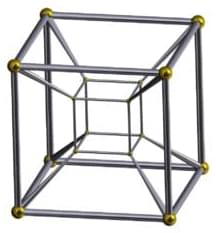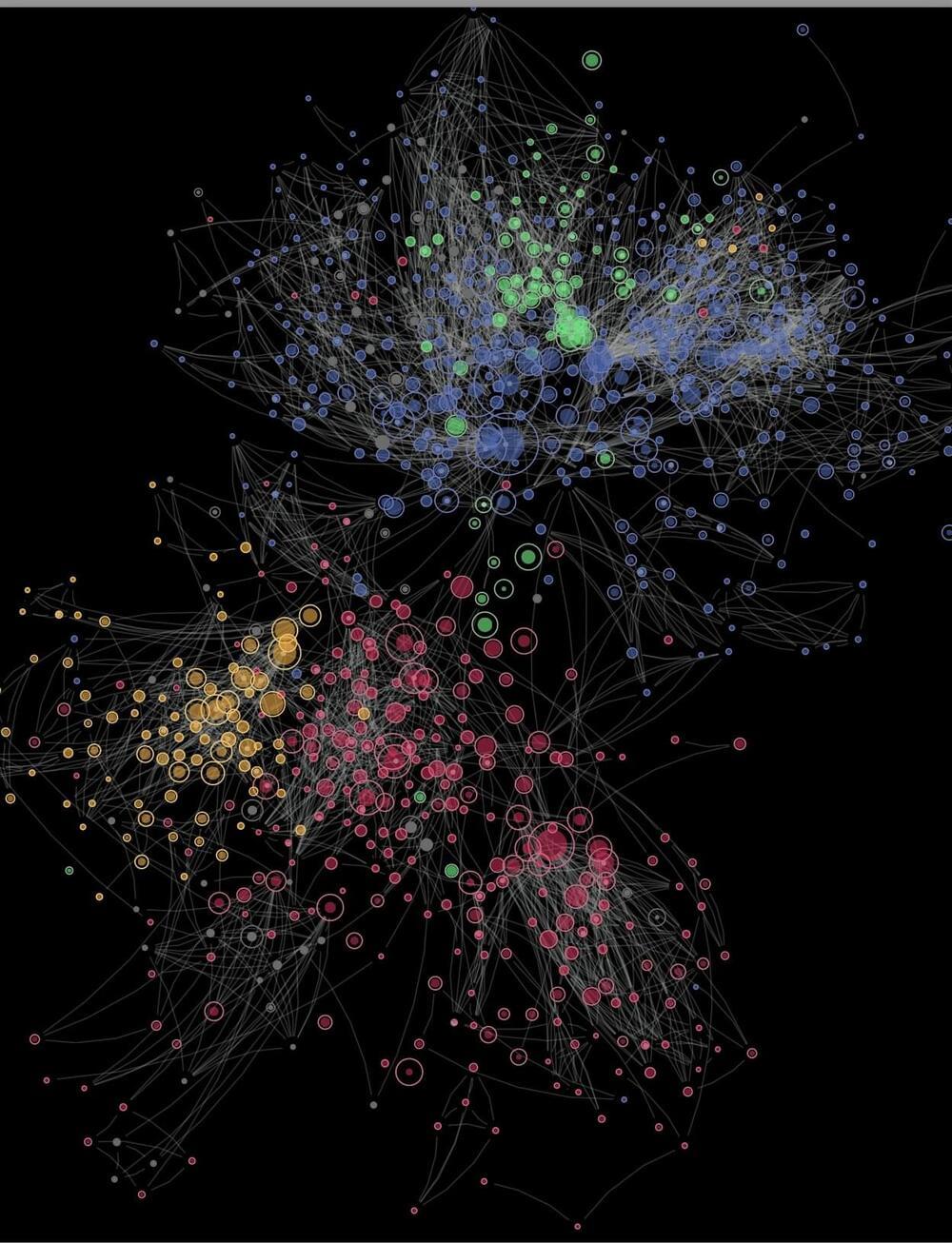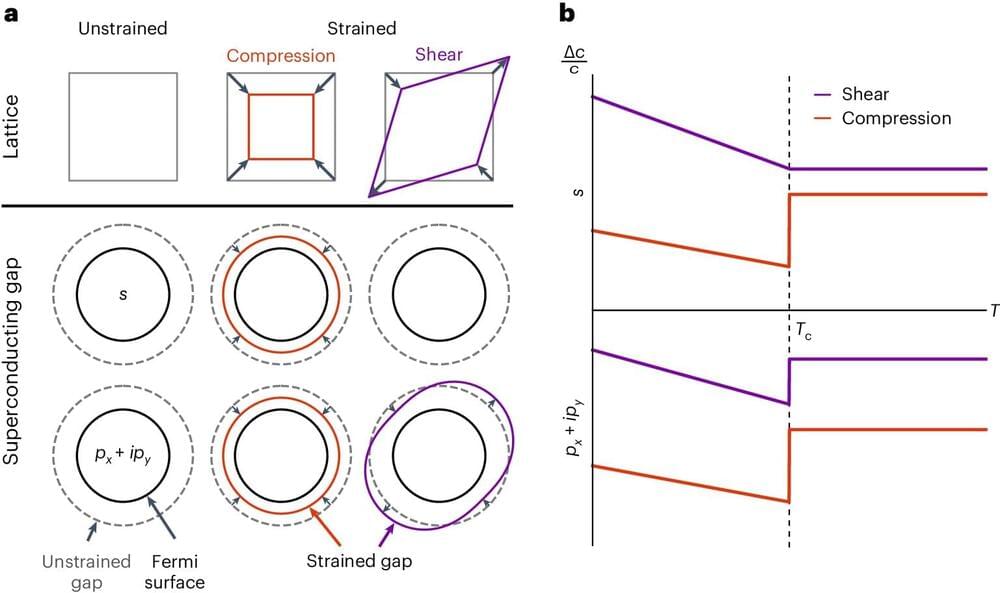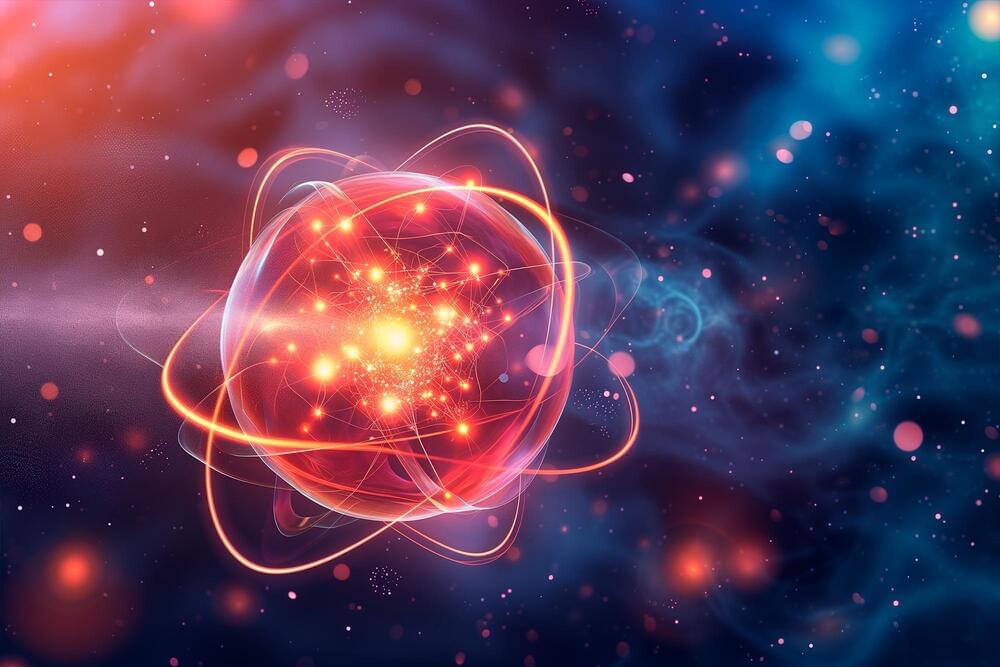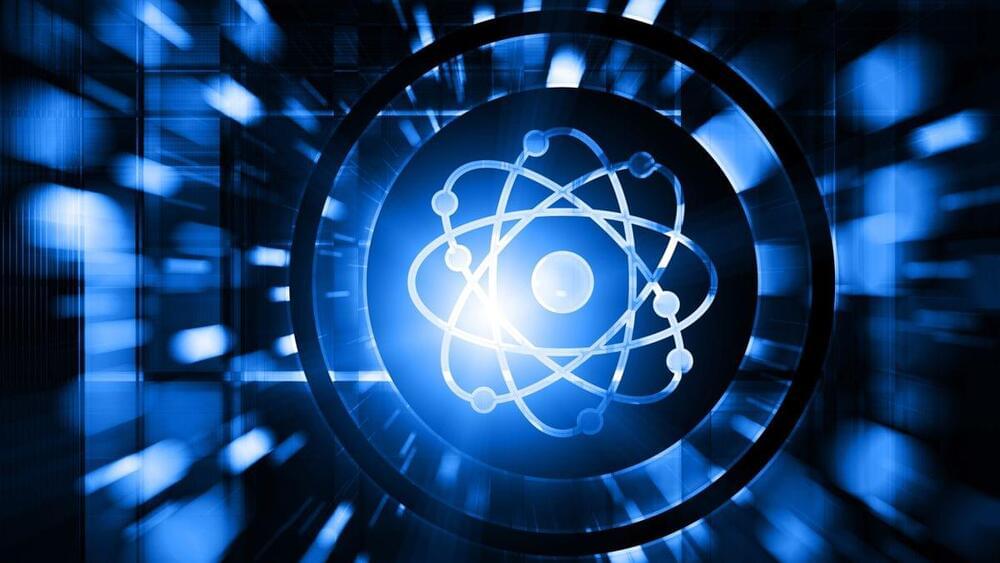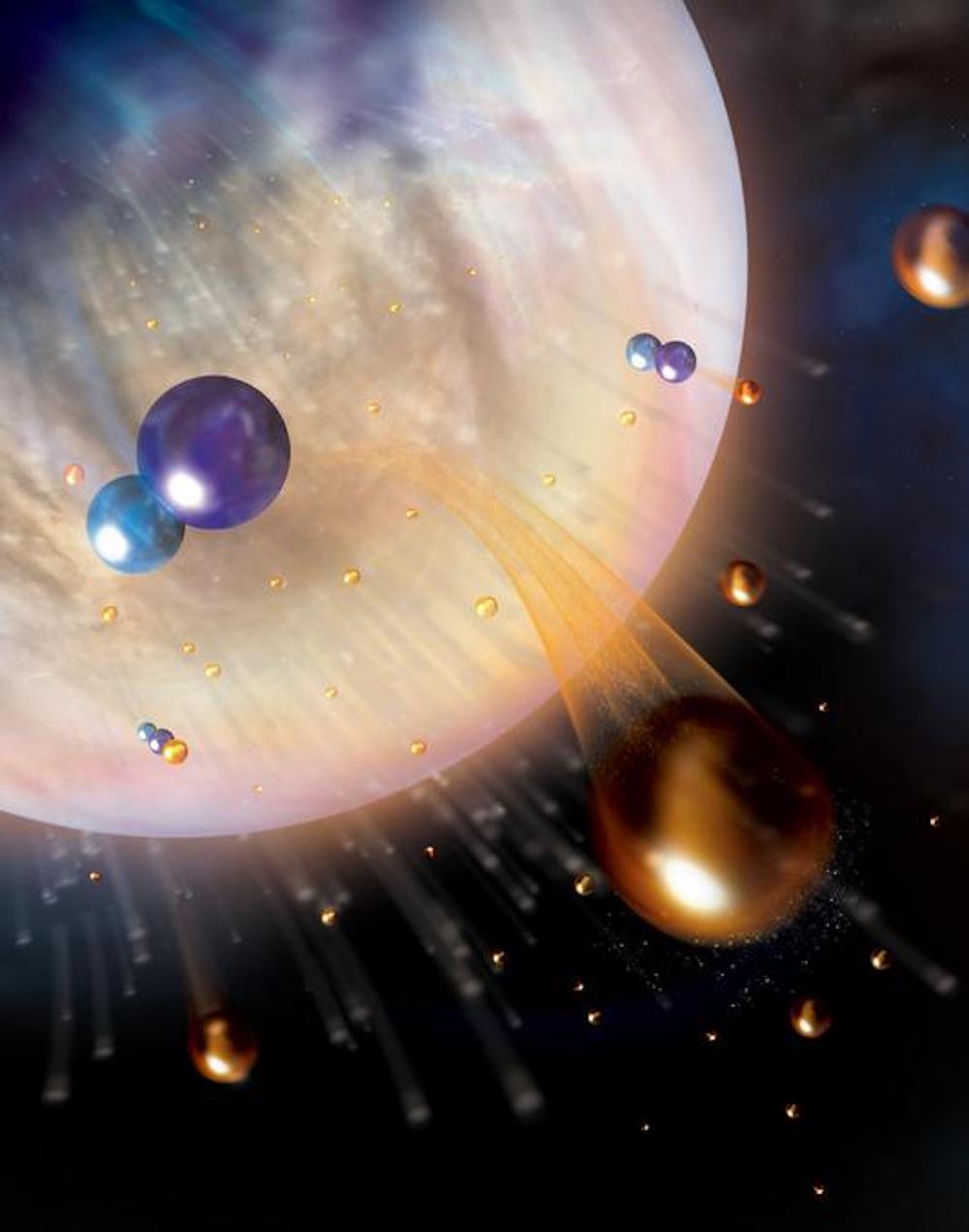May 12, 2024
AI and Physics Combine to Reveal the 3D Structure of a Flare Erupting around a Black Hole
Posted by Natalie Chan in categories: cosmology, physics, robotics/AI
Scientists believe the environment immediately surrounding a black hole is tumultuous, featuring hot magnetized gas that spirals in a disk at tremendous speeds and temperatures. Astronomical observations show that within such a disk, mysterious flares occur up to several times a day, temporarily brightening and then fading away.
Now a team led by Caltech scientists has used telescope data and an artificial intelligence (AI) computer-vision technique to recover the first three-dimensional video showing what such flares could look like around SagittariusA* (Sgr A• the supermassive black hole at the heart of our own Milky Way galaxy.
The 3D flare structure features two bright, compact features located about 75 million kilometers (or half the distance between Earth and the sun) from the center of the black hole. It is based on data collected by the Atacama Large Millimeter Array (ALMA) in Chile over a period of 100 minutes directly after an eruption seen in Xray data on April 11, 2017.

